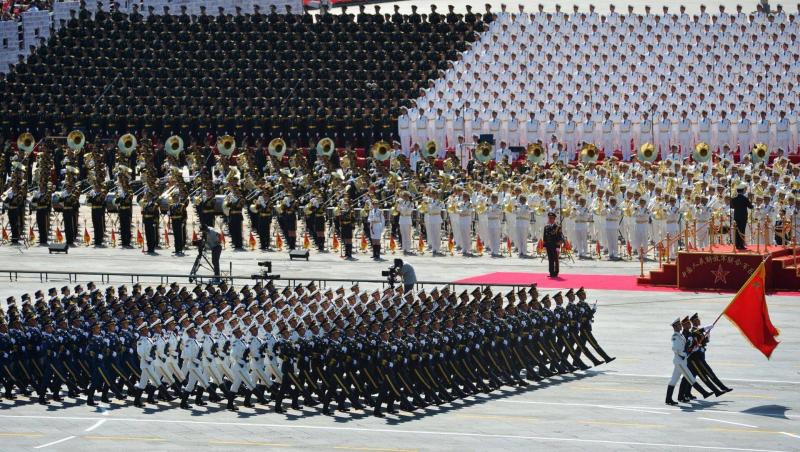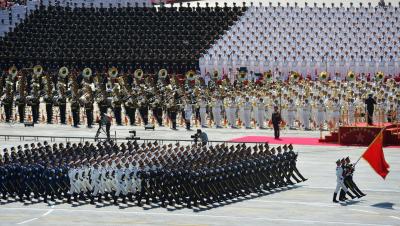In 1956, Britain and France (along with Israel) waged war on Egypt for its humiliating decision to nationalize the Suez Canal. U.S. President Dwight Eisenhower swiftly issued an ultimatum to the three to cease fighting. The two crumbling empires immediately retreated. This was the first official announcement of the end of the imperial era, and the emergence, or consolidation, of American power alongside the Soviet power on the other side.
Today, American power seems to be declining as a superpower, just like Britain and France during those days. Chinese power appears to be surging, much like America back then, especially after its decision to enter the political arena for the first time. The new world order entered without announcement. The Beijing agreement closely resembles the Yalta and Potsdam agreements, as well as other post-war treaties that cemented the decline of some powers and the rise of others.
Saudi Arabia, which previously refused to recognize communist China, is now granting the Chinese leader a significant photo opportunity at an important celebration abroad and signing an agreement alongside him in Beijing. In total calm and secrecy, an agreement was signed in Beijing involving Iran, signaling the end of a long phase of turmoil and instability. This surprise encompassed the entire world, but the biggest astonishment was for the United States, which was stunned to see the Chinese competitor, the Iranian adversary, and the Saudi friend change the region and its political mood without any role from it.
At first glance, and perhaps even on a second glance, Washington may not be pleased with what has occurred; its absence from such a historical junction is not a trivial matter. However, it could also be viewed from another perspective, one that sees it as an entry point to a phase of détente that includes everyone. Iran may find that a stable neighborhood is better than a neighboring atmosphere of constant tension, and a miracle may occur where it takes the Saudi and Chinese examples as models for respecting sovereignty and achieving prosperity and development together.
There is another path for everyone, a path of common interests and a shared future, shared prosperity, and converging civilizations instead of conflict. Have not centuries of fear, backwardness, and ceaseless wars sufficed for everyone? Perhaps it is an opportunity to reflect on the past and what it has led to. And if the world must have its flying missiles, then Comrade Kim Jong-un has enough for everyone. However, people want to sleep well, work well, prepare for a good future, and leave the spectacle for holidays.
Before the tripartite agreement in Beijing, President Xi visited Riyadh and toured it with Prince Mohammed, witnessing things that were unbelievable, much like Beijing. Would that the contagion reach Tehran.




